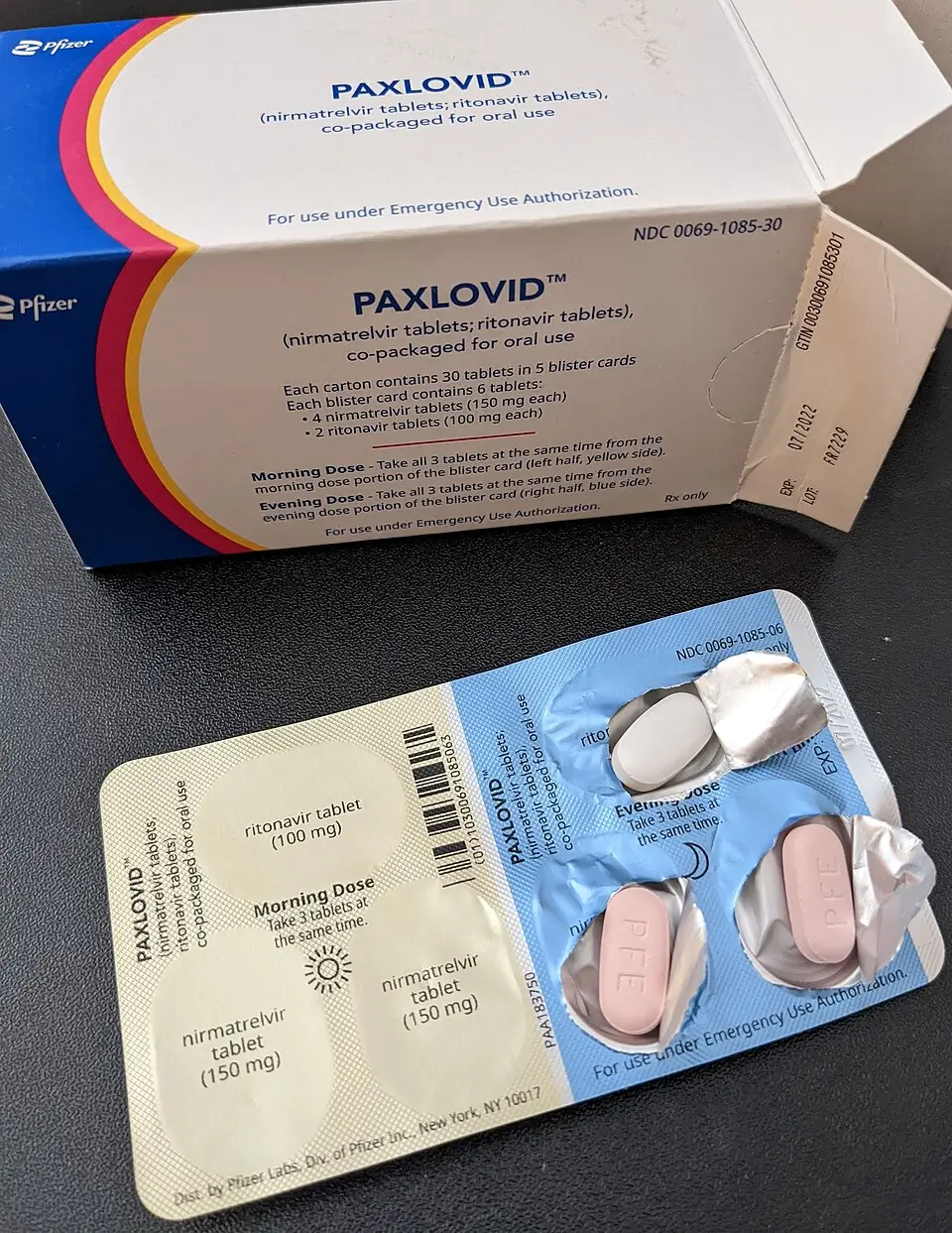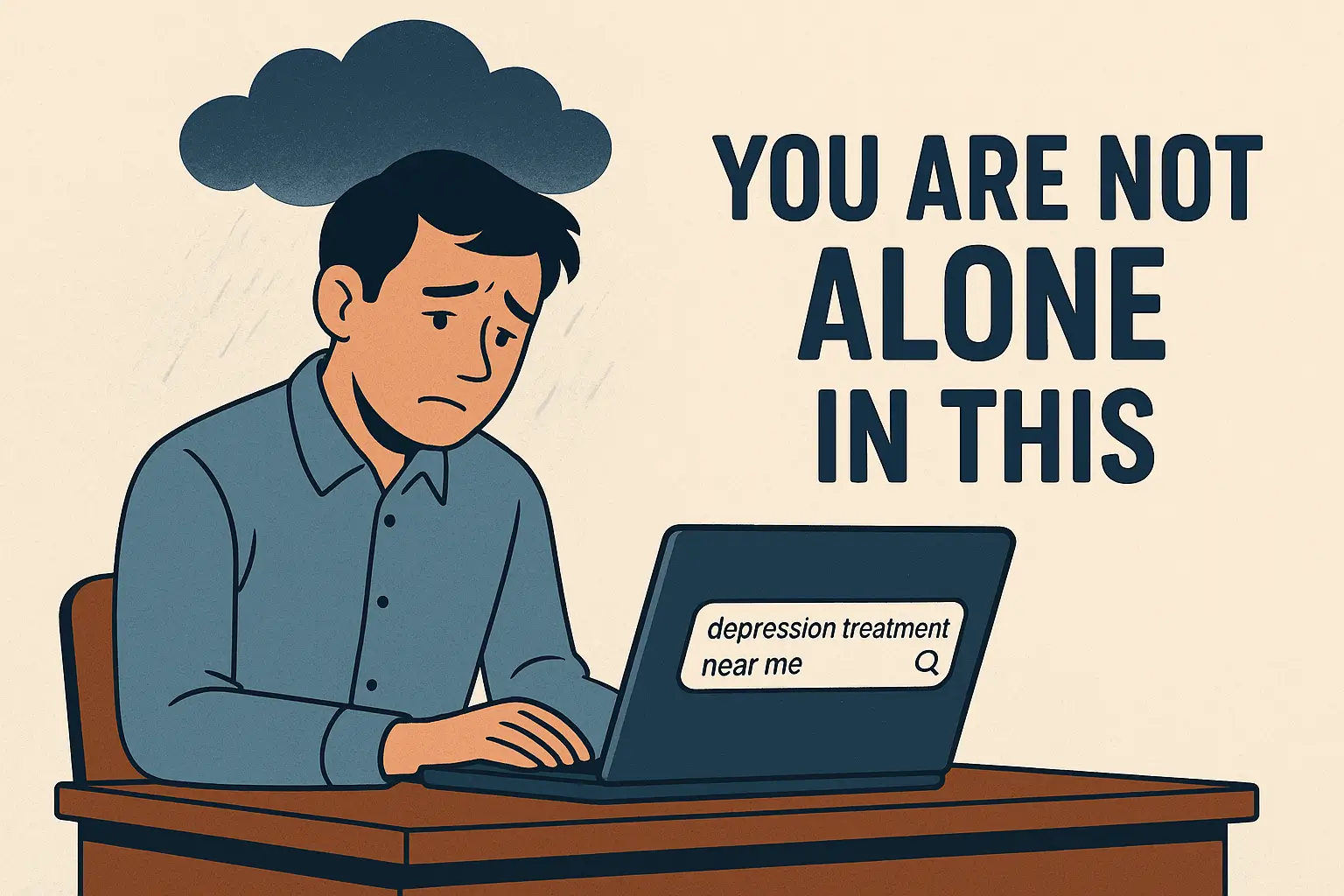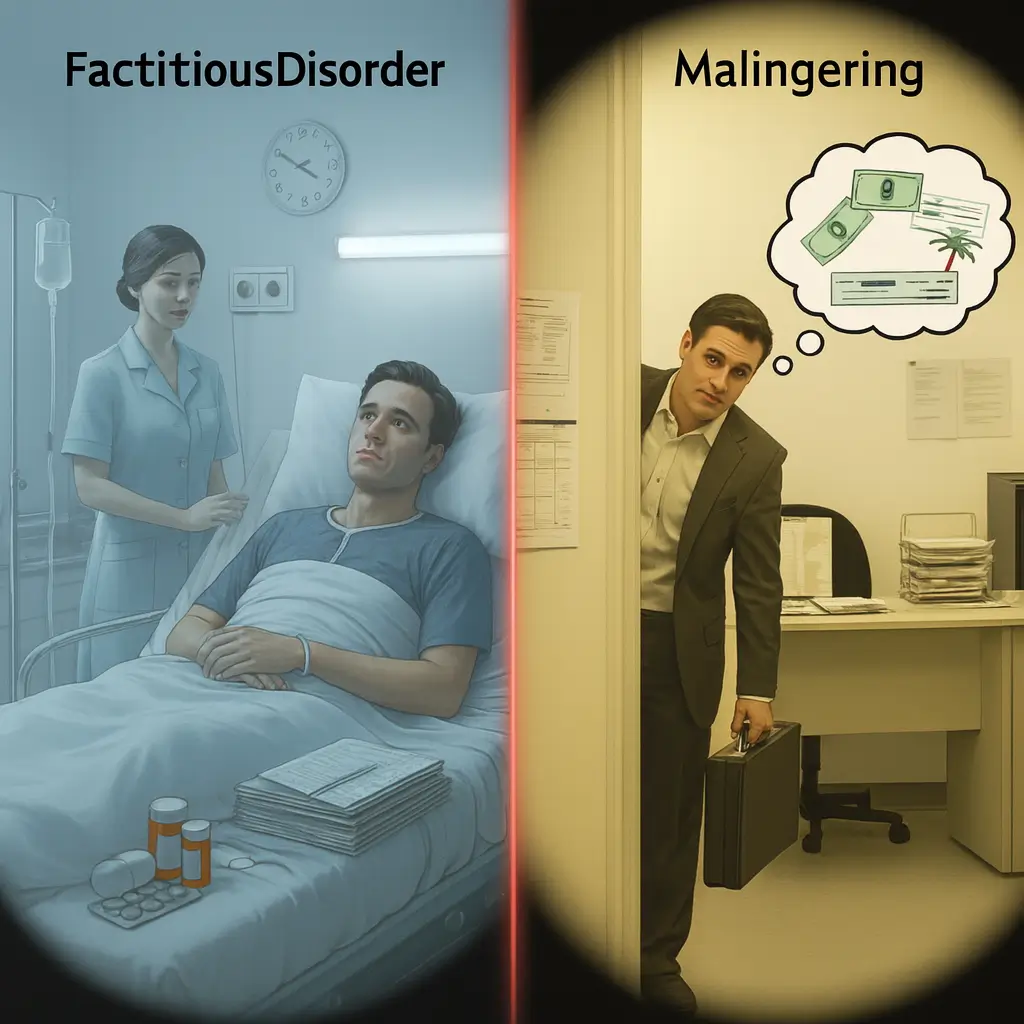Understanding Relapse
When it comes to overcoming challenges and making progress, understanding the concept of relapse is crucial. By defining relapse and dispelling common misconceptions, individuals can better navigate their journey towards growth and recovery.

Defining Relapse
Relapse can be defined as a setback or return to a previous state or behavior, particularly in the context of overcoming an addiction, mental health issue, or other challenges. It is important to note that relapse is not indicative of failure or weakness, but rather a normal part of the recovery process. It is a temporary interruption in progress that can provide valuable insights and opportunities for growth.
Common Misconceptions
There are several common misconceptions surrounding the term "relapse" that can hinder individuals from effectively utilizing it in their journey towards improvement. By understanding and dispelling these misconceptions, individuals can cultivate a more empowered mindset:
- Relapse equals failure: One of the most significant misconceptions is that relapse signifies failure. However, relapse should be viewed as a temporary detour rather than a complete failure. It is an opportunity to learn, reassess strategies, and reinforce one's commitment to personal growth.
- Relapse is a sign of weakness: Another misconception is that relapse reflects weakness or lack of willpower. In reality, relapse can occur due to various factors such as triggers, stressors, or underlying issues. It is important to approach relapse with compassion and seek appropriate support rather than blaming oneself.
- Relapse erases progress: Progress made prior to a relapse is not erased entirely. It is important to acknowledge and appreciate the progress made thus far. Relapse can serve as a reminder of the challenges that need to be addressed and provide insights into areas that require further attention.
Understanding the true definition of relapse and challenging common misconceptions surrounding it can empower individuals to navigate setbacks more effectively. It is crucial to recognize that relapse is a normal part of the journey and an opportunity for growth and self-reflection. Through this understanding, individuals can develop effective coping strategies and continue moving forward on their path to healing and personal development.
The Power of Relapse
When it comes to personal growth and overcoming challenges, relapse is often seen as a setback. However, it's important to recognize that relapse can actually be a powerful part of the process. In this section, we will explore how embracing relapse and learning from it can contribute to personal growth and long-term success.
Embracing Relapse as Part of the Process
Relapse should not be viewed as a sign of failure or weakness. Instead, it can be seen as a natural part of the journey towards change and recovery. Embracing relapse means acknowledging that setbacks can happen and that they do not define one's progress or potential for success.
By accepting relapse as part of the process, individuals can adopt a more compassionate and understanding mindset towards themselves. It allows for self-forgiveness and encourages the development of resilience. Relapse can serve as a reminder that change is a complex and nonlinear process, and it's okay to stumble along the way.
Learning from Relapse
One of the most powerful aspects of relapse is the opportunity to learn from it. Each relapse can provide valuable insights into one's triggers, vulnerabilities, and areas that need further attention. By reflecting on the circumstances leading up to the relapse, individuals can gain a deeper understanding of their own patterns and behaviors.
Learning from relapse involves identifying the factors that contributed to the setback, such as stress, negative emotions, or lack of support. This self-reflection helps individuals develop effective coping strategies and relapse prevention techniques. It also enables them to make necessary adjustments to their recovery plan and address any underlying issues that may have contributed to the relapse.
Relapse should not be seen as a failure, but rather as a learning opportunity. By embracing relapse as part of the process and learning from it, individuals can continue on their path towards growth and long-term success.
The power of relapse lies in its ability to teach valuable lessons and provide individuals with the opportunity to strengthen their coping skills. By recognizing the role that relapse plays in personal growth, individuals can navigate setbacks with resilience and determination.
Utilizing the Term Appropriately
Understanding how to appropriately utilize the term "relapse" is crucial in the context of coping with having narcissistic parents. By recognizing different types of relapse and identifying triggers and warning signs, individuals can better navigate their experiences and develop effective coping strategies.
Recognizing Different Types of Relapse
Relapse can manifest in various forms, and it's important to recognize the different types to address them appropriately. Here are three common types of relapse:
Type of Relapse and Description
Emotional Relapse: Emotional relapse refers to experiencing intense emotions and thoughts associated with past trauma or negative experiences. It may involve feelings of anger, sadness, fear, or helplessness. Recognizing emotional relapse involves identifying patterns of negative emotions resurfacing and impacting daily functioning.
Behavioral Relapse: Behavioral relapse involves returning to previous patterns of behavior that are detrimental to one's well-being. This could include engaging in self-destructive behaviors, such as self-isolation, substance abuse, or engaging with toxic relationships. Identifying behavioral relapse requires self-awareness and recognizing when unhealthy behaviors resurface.
Cognitive Relapse: Cognitive relapse refers to falling back into negative thinking patterns or distorted beliefs. It involves adopting self-defeating thoughts, doubting oneself, or feeling overwhelmed by negative self-talk. Recognizing cognitive relapse involves being aware of negative thinking patterns and challenging them with positive and rational thoughts.
Understanding these different types of relapse can help individuals identify which aspect of their well-being is being affected and tailor their coping strategies accordingly.
Identifying Triggers and Warning Signs
To effectively cope with relapse, it is crucial to identify triggers and warning signs that may exacerbate the situation. Triggers are events, situations, or people that activate past wounds or negative emotions, while warning signs are early indicators that relapse may occur. By recognizing triggers and warning signs, individuals can take proactive steps to prevent or manage relapse effectively.
Triggers and Warning Signs
Interactions with narcissistic parents: Increased stress levels
Criticism or invalidation from others: Withdrawal from social activities
Conflict or confrontations: Changes in sleep patterns
Anniversary dates or significant events: Heightened emotional sensitivity
Exposure to narcissistic behaviors: Loss of interest in previously enjoyed activities
Identifying these triggers and warning signs allows individuals to implement coping strategies early on, such as seeking support, engaging in self-care, or reaching out to a therapist or counselor.
By utilizing the term "relapse" appropriately and recognizing the different types of relapse as well as identifying triggers and warning signs, individuals coping with having narcissistic parents can better navigate their healing journey. Empowered with this knowledge, they can develop effective coping strategies and seek the necessary support to foster resilience and promote their overall well-being.
Coping Strategies
When it comes to managing relapse, having effective coping strategies in place is essential. These strategies can help individuals develop resilience, prevent relapse, and seek the necessary support to navigate challenging situations. Two key coping strategies include developing a relapse prevention plan and seeking support from professionals and loved ones.
Developing a Relapse Prevention Plan
Creating a relapse prevention plan is crucial for individuals who are susceptible to relapse. This plan serves as a roadmap to help identify triggers, implement coping mechanisms, and stay on track towards recovery. Here are some steps to consider when developing a relapse prevention plan:
- Identify Triggers: Recognize the specific situations, people, or emotions that may lead to relapse. This could include stress, negative self-talk, or exposure to certain environments.
- Implement Coping Mechanisms: Develop a list of healthy coping mechanisms that can be used when faced with triggers. These may include exercise, deep breathing techniques, journaling, or seeking support from loved ones.
- Set Realistic Goals: Establish realistic and achievable goals to maintain motivation and prevent feelings of overwhelm. Break down larger goals into smaller, manageable steps.
- Create a Support System: Surround yourself with a strong support system of friends, family, or support groups who can provide encouragement, guidance, and accountability.
- Learn from Past Experiences: Reflect on previous relapses and identify patterns or behaviors that contributed to them. Use these insights to make necessary adjustments in your relapse prevention plan.
Remember, a relapse prevention plan is a personalized tool that should be tailored to your specific needs and triggers. Regularly review and update the plan as your circumstances change and new insights emerge.
Seeking Support and Professional Help
Another vital coping strategy is seeking support from professionals and loved ones. When facing challenging situations or experiencing the risk of relapse, having the right support can make a significant difference. Here are some avenues for seeking support:
- Therapy or Counseling: Consider working with a therapist or counselor who specializes in the area you're struggling with. They can provide guidance, coping strategies, and a safe space to explore emotions and challenges.
- Support Groups: Joining support groups can connect you with individuals who have similar experiences and can offer understanding, empathy, and shared coping strategies. These groups can be in-person or online.
- Trusted Friends and Family: Reach out to trusted friends and family members who can provide support, lend a listening ear, and offer encouragement during difficult times.
- Helplines and Hotlines: Utilize helplines and hotlines that provide immediate support and guidance. These resources can be particularly helpful during moments of crisis or when you need to talk to someone urgently.
Remember, seeking support is not a sign of weakness but a proactive step towards self-care and well-being. It's important to reach out for help when needed and lean on the support of others who can assist in your journey towards recovery.
By developing a relapse prevention plan and seeking support from professionals and loved ones, individuals can enhance their coping mechanisms, reduce the risk of relapse, and navigate challenging situations with greater resilience and confidence.
Moving Forward
After experiencing a relapse, it is essential to shift our focus towards embracing growth and progress. Moving forward requires resilience, determination, and a commitment to staying on track with our goals.
Embracing Growth and Progress
Embracing growth and progress means acknowledging that setbacks, such as relapses, are a natural part of the journey towards recovery or personal development. It is during these moments that we have an opportunity to learn valuable lessons about ourselves and our triggers. By reframing relapse as a stepping stone rather than a failure, we can cultivate a mindset of growth and resilience.
To embrace growth and progress, it can be helpful to:
- Reflect on the lessons learned from the relapse experience.
- Identify areas for personal growth and set realistic goals.
- Practice self-compassion and forgive ourselves for past setbacks.
- Celebrate small victories and milestones along the way.
- Seek support from loved ones, therapists, or support groups.
By adopting a growth-oriented mindset, we can view relapse as an opportunity for self-reflection and personal development.
Building Resilience and Staying on Track
Building resilience is key to staying on track and reducing the likelihood of future relapses. Resilience allows us to bounce back from setbacks, adapt to challenges, and maintain our progress.
Here are some strategies for building resilience and staying on track:
- Develop a relapse prevention plan: A relapse prevention plan is a personalized roadmap that helps identify triggers, warning signs, and coping strategies. It provides a proactive approach to managing potential setbacks and staying on course.
- Practice self-care: Prioritizing self-care activities like exercise, adequate sleep, and stress reduction techniques can enhance our overall well-being and help us stay resilient in the face of challenges.
- Seek support: Surrounding ourselves with a supportive network of friends, family, therapists, or support groups can provide guidance, encouragement, and accountability. It's important to reach out for help when needed.
- Learn from setbacks: Each setback provides an opportunity to learn more about ourselves, our triggers, and areas that need further attention. By reflecting on the circumstances surrounding a relapse, we can make adjustments and develop new strategies for success.
Building resilience takes time and effort, but it is a valuable skill that can contribute to long-term success and personal growth.
By embracing growth and progress and building resilience, we can navigate the challenges that come with relapse and stay on track towards our goals. Remember, setbacks are not permanent roadblocks but rather opportunities for learning and growth. With determination, self-compassion, and a supportive network, we can move forward and continue on our journey towards a healthier, more fulfilling life.













